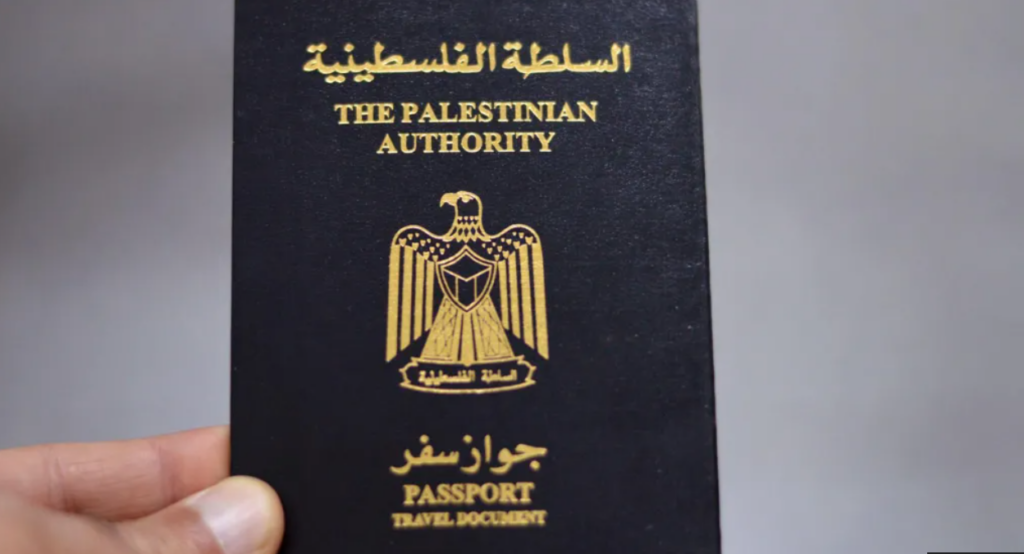The United States has reportedly suspended the issuance of most nonimmigrant visas to Palestinian passport holders, affecting residents of the West Bank, Gaza, and the wider Palestinian diaspora. The decision, outlined in a diplomatic cable dated August 18, applies to visas for purposes such as education, business, medical treatment, and family visits. Those able to apply with other passports remain unaffected.
This move comes shortly after more than 80 Palestinian officials, including President Mahmoud Abbas, were denied visas ahead of the United Nations General Assembly in New York. U.S. officials said the restrictions are part of broader measures to ensure national security and compliance with U.S. law. The suspension effectively imposes a blanket review of all visa applications from Palestinian Authority passport holders, significantly limiting travel opportunities.
Earlier this month, the U.S. had paused visa approvals for residents of Gaza specifically, citing the need for additional security reviews. The new measures now extend similar restrictions to Palestinians living in the West Bank and other areas. Officials will be required to conduct further reviews for each application, effectively amounting to a near-total ban on visitor visas for Palestinian passport holders.
The decision comes amid ongoing tensions between Israel and Hamas, the governing authority in Gaza, following the October 2023 attacks that killed hundreds in Israel and prompted a large-scale military response. U.S. policy has increasingly aligned with Israel’s security interests, including limiting the diplomatic engagement of Palestinian officials.
Palestinian leaders have condemned the decision, saying it disproportionately affects civilians seeking medical care, education, and family visits, while raising concerns over its humanitarian impact. The suspension further strains U.S.-Palestinian relations and highlights a hardening of U.S. policy toward the region.
As the policy takes effect, Palestinians who previously relied on U.S. visas for essential travel will face new challenges, and the international community is closely monitoring the impact of these restrictions on mobility, diplomacy, and humanitarian access.

